Rebirth and Karma are important in Buddhism but What is the Reasonable Evidence for Rebirth, Previous Lives and Karma?
Nothing inspires more debate amongst Buddhists, than the notion of rebirth. There’s no doubt the Buddha spoke often about rebirth, Samsara, suffering, karma and escaping the cycle. Many modern Buddhists tend to avoid or ignore the topic on the basis of modern sensibilities, rationalization and logic. After all, Buddha didn’t teach us how to stay in the cycle of rebirth — but to escape it.
- For more on Rebirth, Reincarnation and Karma — with many fun and educational videos — visit our sister Youtube Channel TrueRebirth @truerebirth
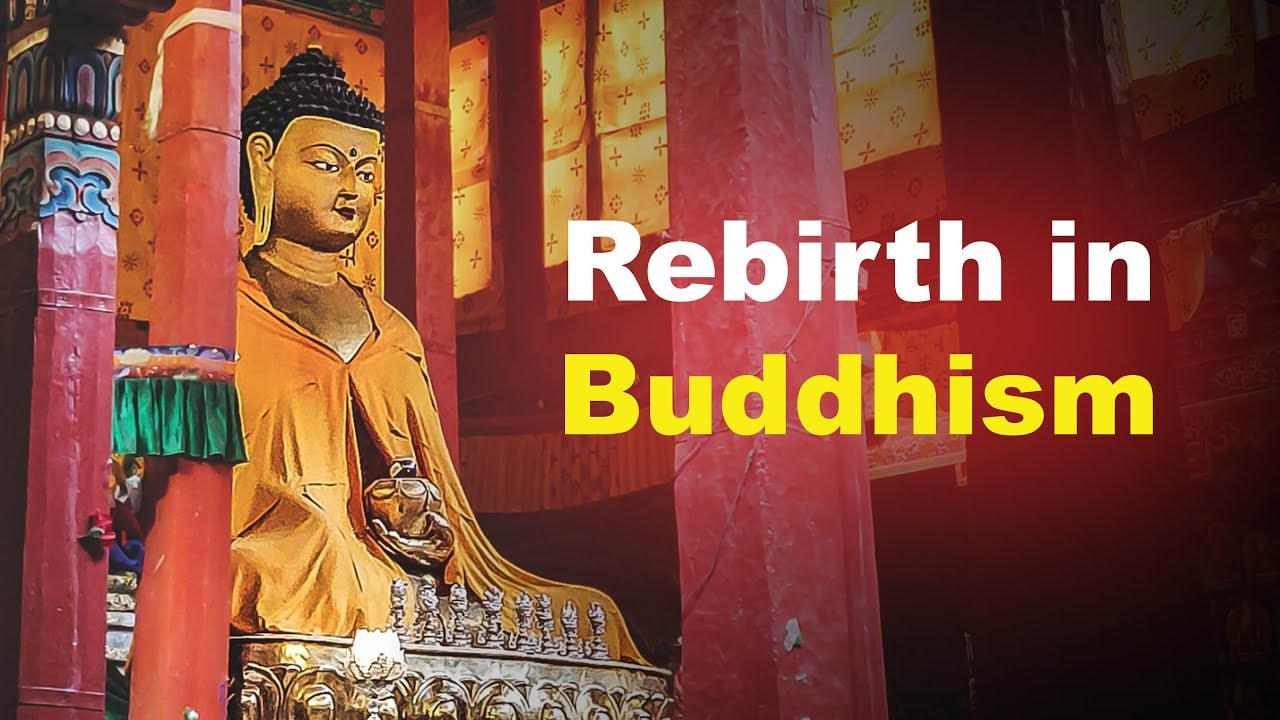
Yet, escaping rebirth and Samsara, and breaking the cycle of Karma is not the same thing as denying it. In other words, Rebirth, Samsara and Karma are all obstacles and problems to be solved — and Buddha prescirbed the cure for our malady. But, that’s not the same as saying “rebirth isn’t important” or denying its possibility.
Modern day cause and effect
Yes, today, modern Buddhists think of Karma as “cause and effect” in our present lives. We use mindfulness to stay aware of cause and effect and prevent negative karma. But, many of the teachings of the Buddha dealt with overcoming karma imprints from previous lives. One of the early recording teachings were on the topic of Buddha’s previous lives. Obviously, it was an accepted concept. In the time of Buddha — and for most Buddhist’s today — rebirth and karma and samsara are very real.
Of course, many modern, rational and secular Buddhist just ignore it, even though there is certainly a body of anecdotal evidence for rebirth and previous lives. No, we’re not saying science has firmly come done on the side of — objectively proven! However, there is a solid body of very credible evidence — enough so that notable scientists, phsycisists, quantum physicists, psychiatrists and others remain receptively open to the possibility. Some are swayed by the body of anecdotal evidence. It’s certainly not going to stand up to peer-reviewed publication, but it’s convincing, never the less.
To hundreds of millions of people, rebirth, or reincarnation, is a powerful, widely accepted belief. (They’re not the same thing, but more on this later.) In many parts of the “East” it’s just accepted as fact; meanwhile, in the “west” Buddhist teachings on rebirth are often described as a “metaphor”, a skillful means designed to simplify teachings. (Many westerners do not have a belief or notion of rebirth.)
Is there evidence or rebirth or reincarnation — one, or both? It was, and remains today, a belief widely accepted by hundreds of millions of people worldwide. Why does it persist as a belief, in this age of science and logic?
Video with Oprah Winfrey “Reincarnation Proved”:
In part, it persists because there is some scientific anecdotal evidence of Rebirth—and no absolute proof that it doesn’t exist. Why does it even matter, especially when the Buddha taught a way to “escape” the cycle of suffering and rebirth? Because, as long as there is suffering, rebirth as a belief will persist, in part as an “explanation” of our suffering.
Why is There Suffering?
“Have you ever wondered why some people in the world are born so poor? And, on the other hand, some people are born so rich? Have you ever wondered why some babies are born with illness and others are fine? Do you ever wonder why life seems so unfair?”
To many people, there is a logical reason behind it—and some science to support it. It’s called Rebirth or Reincarnation. Hundreds of millions of people in the world—Hindus, Buddhists, Taoists, Gnostic faiths (including early Christians) and many others—believe in reincarnation or rebirth. But is there proof that of reincarnation/rebirth? Some noted psychiatrists and scientists claim that there is, some of which were widely published in Journals.

Ian Stevenson Collected “Irrefutable Evidence”
The best known evidence is the work of Ian Stevenson, who spent fifteen years collecting data from over 4500 people who spontaneously recalled past lives. According to Dr. Robert Almeder of Georgia State University, “This was important research, empirical research and I could not think of any alternative explanation as plausible for the data as that some people reincarnate.”
Video featuring Dr. Ian Stevenson’s theories and evidence:
It is Irrational to Disbelieve Reincarnation?
Dr. Almeder continues: “As a matter of a fact, some people, after reading the data… said “look, it’s not unreasonable to believe in reincarnation”…. My reaction was stronger. My reaction to the data was that it’s irrational to disbelieve it. A lot of people thought that went over the top, that it was too strong a claim. I meant it in a very simple way, that if you have a very commanding argument that you can’t refute, not to accept the argument is to act irrationally. ” He goes on to say that there’s a very strong argument in Stevenson’s data that has not been refuted.
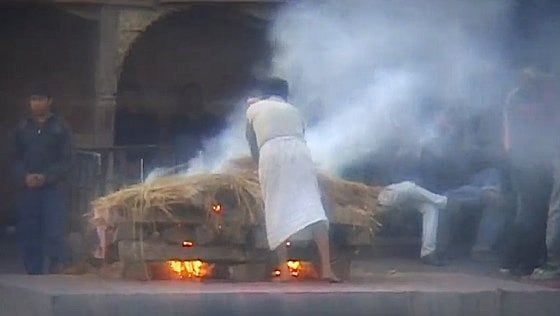
Dr. Stevenson himself said, “It’s not unreasonable to believe, because this is the best fit on the data.” One of the reasons why the data is not refutable is the presentation of supporting historical facts: the spontaneous memories of children 2-4 years old. These children had no exposure to past live history information, yet unfailingly gave details of past lives that were verifiable.
Some Children Had Birthmarks Supporting Claims
In Dr. Stevenson’s studies “some people had birthmarks or birth defects that corresponded to the injury in their past lives, said Dr. Phang Cheng Kar, a noted psychiatrist. These injuries or birthmarks were supported with medical or autopsy reports. “It’s very convincing.”
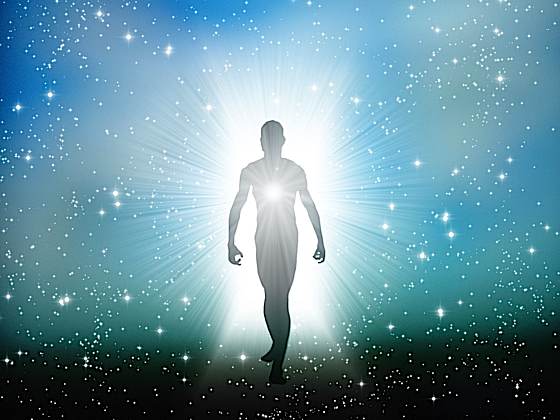
Almeder goes on to say “[This means] by implication that human beings are more than their bodies, that a personality, in the end, is not reducible to a statement about biochemical states, brain states, biological properties produced by brain states.”
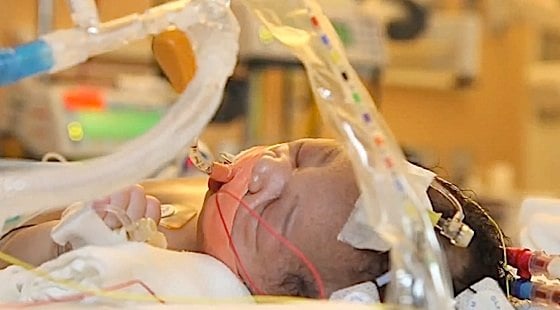
Reincarnation is the concept where the mind or spirit is reborn after the physical body has died. The mind can be reborn as a new human being or into various other states, depending on the causes created by the previous life. Hence the disparity in our various states of being. Reincarnation is not the same as rebirth. Reincarnation tends to involve a belief in the soul (atman) reincarnating (typically a Hindu belief), while rebirth considers the aggregates of consciousness, energy or mind stream (as it’s expressed in Buddhism).
Absence of Proof is not Proof of Non-Existence
Most science is built around the notions of proof. However, where there is an absence of proof (for example, “does God exist” or “are we reborn?”), it is not correct for scientists to say it doesn’t exist. They can, properly, say, they don’t believe it, or do believe it based on their own beliefs or experience, but they cannot say absolutely, by evidence, that God or rebirth don’t exist. Even the “theory of Evolution” is a theory (despite a preponderance of evidence.) That leaves probabilities. A scientist might believe it’s probable or improbable there is rebirth, but not that there is or there isn’t (as a fact, not a belief.)
In absence of absolute evidence of rebirth we must then consider the preponderance of evidence — which anecdotally points to the existence of rebirth. It is more likely, than not, if one looks at the evidence, rather than one’s own feelings on the matter.
Quantum Physics and Rebirth
Interestingly, rebirth is somewhat supportable by modern day Quantum Physics — again, theoretically. Roger Ebert, in his article “The Quantum Theory of Reincarnation” stated it well from a “layman” point of view:
“Everything, consists of quantum particles. These particles can as well be in one place as another, even at the same time. We, ourselves, consist entirely in and of this material. Our identities, our names, our personalities, our beliefs, opinions, senses of humor–indeed, what we think of as our minds. We consist of one-dimensional bits of the cosmic total. And we might just as well be different bits–elsewhere–because the “self” is essentially an organizing principle which we have imposed upon this chaos…”
Mr Ebert’s succinct and clarifying statement fits both the scientific view of the universe, and, shockingly, a very Buddhist perspective. The references to “self” as an organizing principle, is very nearly the plunge into the heart of the Heart Sutra.
“Therefore, our identities were assembled from this quantum material…”Mr. Ebert continues, “by the organizing principle of our conception of ourselves. We bring ourselves into being. Our consciousness is the gravitation. We came from whirling nothing, we return to whirling nothing. The dust we came from and the dust to which we return are not really there, but thinking makes it so… But the puzzle is, what reality does Everything have, apart from my thinking of it?”
Mr. Ebert’s musings are not only unsettlingly sharp and thought-provoking, they strike at the “soul” of the rebirth argument. We’re all made of quantum particles (or stardust as we romantically referred to it a few years back), so what is there that dies? Is it simply a re-“organizing principle imposed on chaos”? Is it just our conception of ourselves changing?
If those arguments all sound too theoretical and mind-bending, we can return, at least, to the concrete world of Doctor Stevenson, or perhaps to more “everyday” physics, such as Einstein’s law of relativity E=MC2.
Basically, matter in the universe simply cannot be destroyed. You could think of it as recycling. Converting. Changing. But it never extinguishes. Scientists now theorize that the Great Bang at the beginning of the Universe was not a beginning but rather a “restart” or the rebirth of the Universe, a cycle that repeats over and over throughout eternity.
Rebirth Fits the Model of Physics
Matter becomes energy. Energy becomes matter. Mindstream, in Buddhist thought, (referred to with different terms/descriptions) is basically energy. Science does tend to support, at least partially, the notion that mind is perhaps a field of energy rather than brain matter. (See Buddha Weekly’s feature How is the Mind Different from the Brain? Science May Support the Duality of Separate Mind and Brain) If the mind is energy—a concept gaining scientific acceptance—it is more reasonable to assume rebirth is possible, than the reverse, especially when you consider the work of Doctor Stevenson. In absence of contrary evidence, rebirth fits the model of physics. Extinction does not. While there may not be clear scientific proof of rebirth—yet—conceptually, rebirth is a better fit with science than extinction. As Dr. Stevenson said, “It’s not unreasonable to believe, because this is the best fit on the data.”
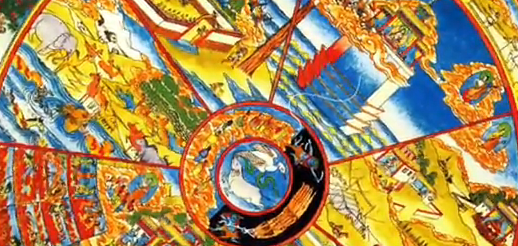
Scientific Proof
Is there scientific proof of reincarnation? Proof, no. Theoretical support, certainly in part. The models we accept today for how the universe works are a better fit with rebirth than oblivion of life. And the extensive evidence collected by people like Doctor Stevenson makes it easier to believe than not.
Dr. Phang Cheung Kar (M.D.): “In studies on reincarnation by a the psychiatrist, the late Dr. Ian Stevenson from University of Virginia, Dr. Stevenson has collected more than 4,500 cases of spontaneous previous life recall. When I say spontaneous, I mean people who spontaneously, not through dreams, not through hypnosis, not through other methods, simply recall a past life. A typical case would be children around 2-4 who just make statements about their past life. They say things like “you’re not my mom, you’re not my dad” and they make statements referring to their past lives.”
Our Series on Rebirth and Reincarnation continues in part 2>>
9 thoughts on “Rebirth and Karma are important in Buddhism but What is the Reasonable Evidence for Rebirth, Previous Lives and Karma?”
Leave a Comment
More articles by this author

100-Syllable Yidam Samaya Mantra: Union, Bliss, Bonding, Renewal, Purification, Wish Fulfilment and Wisdom
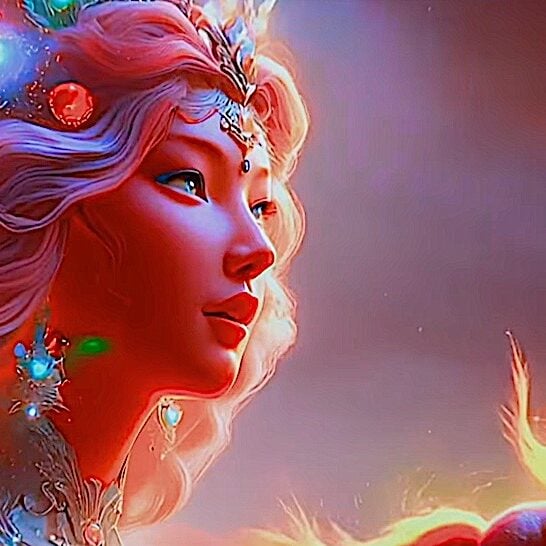
Making LUNAR NEW YEAR 2026 Your Most Auspicious and Blessed Year: Feb 17, 2026 Chinese New Year; Feb 18,2026 LOSAR Tibetan New Year
Search
Latest Features
Please support the "Spread the Dharma" mission as one of our heroic Dharma Supporting Members, or with a one-time donation.
Please Help Support the “Spread the Dharma” Mission!

Be a part of the noble mission as a supporting member or a patron, or a volunteer contributor of content.
The power of Dharma to help sentient beings, in part, lies in ensuring access to Buddha’s precious Dharma — the mission of Buddha Weekly. We can’t do it without you!
A non-profit association since 2007, Buddha Weekly published many feature articles, videos, and, podcasts. Please consider supporting the mission to preserve and “Spread the Dharma." Your support as either a patron or a supporting member helps defray the high costs of producing quality Dharma content. Thank you! Learn more here, or become one of our super karma heroes on Patreon.
Lee Kane
Author | Buddha Weekly
Lee Kane is the editor of Buddha Weekly, since 2007. His main focuses as a writer are mindfulness techniques, meditation, Dharma and Sutra commentaries, Buddhist practices, international perspectives and traditions, Vajrayana, Mahayana, Zen. He also covers various events.
Lee also contributes as a writer to various other online magazines and blogs.





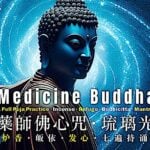


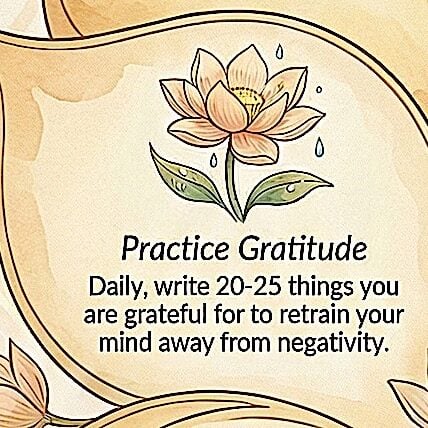
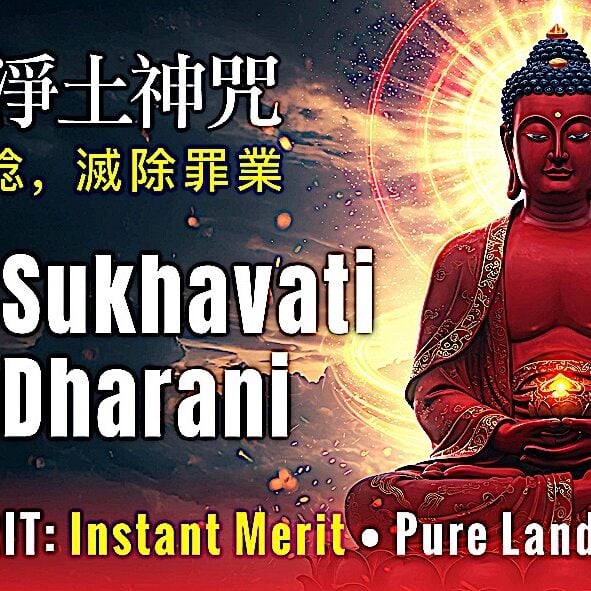

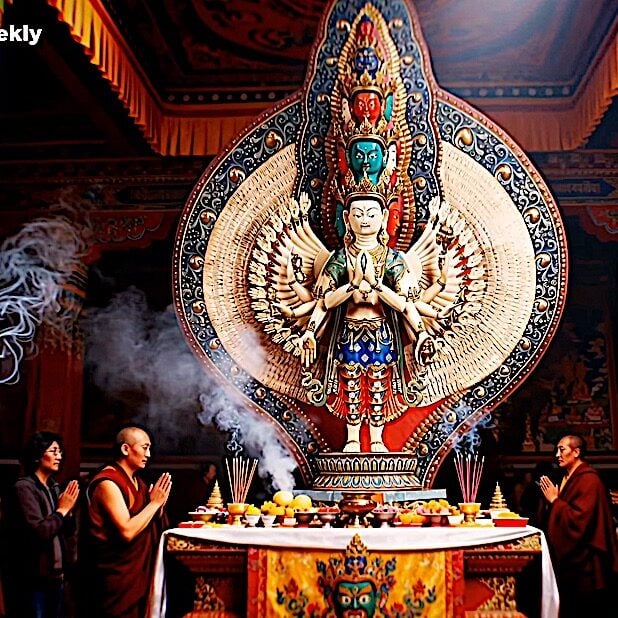

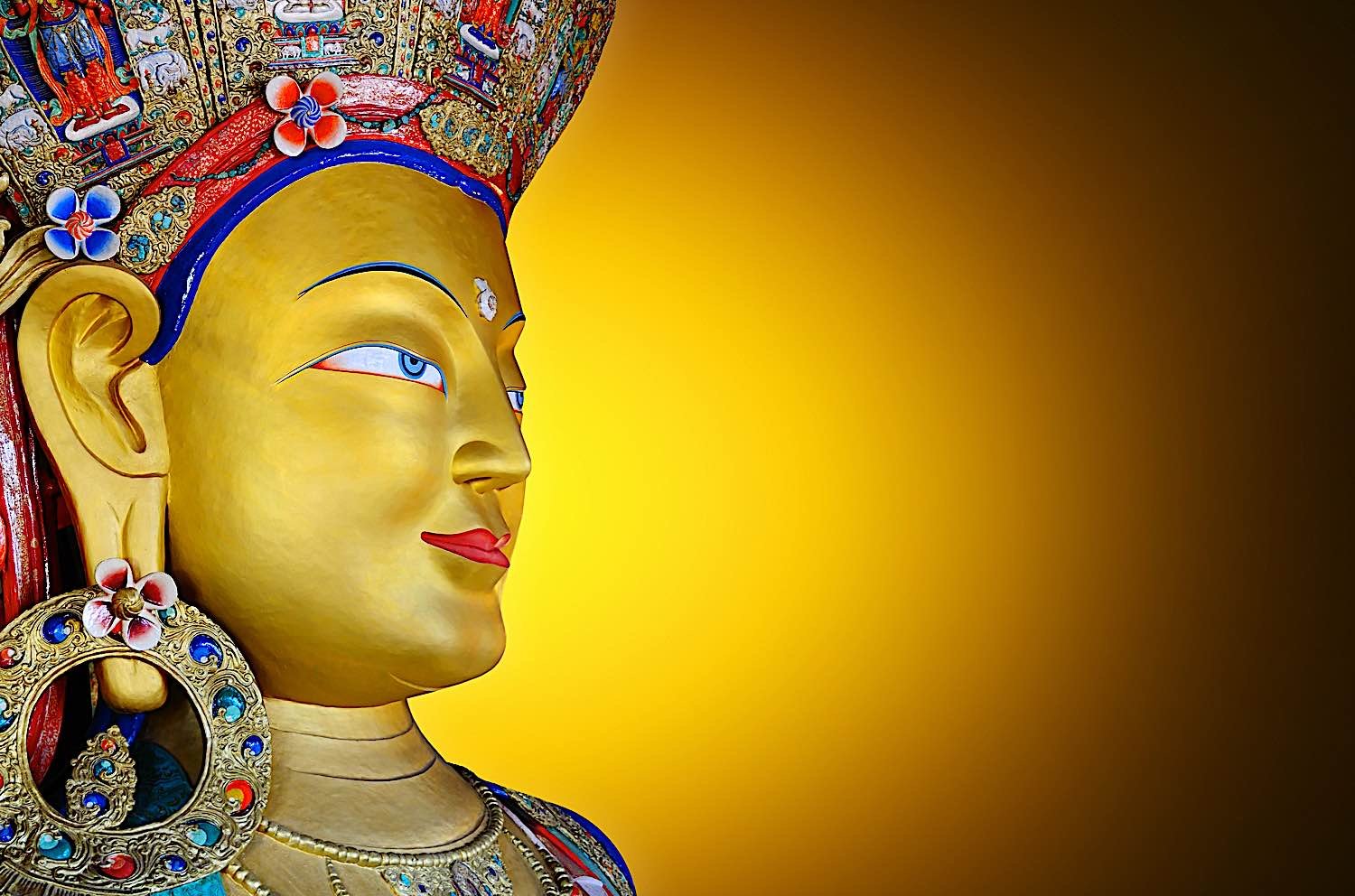
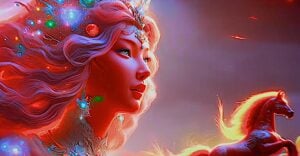
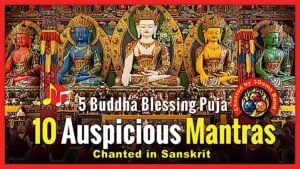

Hello,
With all due respect Dr. Stevenson Ian has had his name misspelled several times in this article as Dr. Stephenson.
Please take a note so it can be corrected.
With kinds regards,
Isabel*
Thank you very much! We’ve edited. Appreciate your help. In kindness, Lee
If it’s irrational not to disbelieve it it doesn’t follow that it’s true or that it is rational to believe it. It just means that it is irrational to deny it as a possibility. I think this article misrepresents the meaning.
The comment that ‘it is irrational not to believe in rebirth’ needs some qualification. As is set out in this piece it is misrepresented slightly. It basically means: if one were to face it with an open mind it would be irrational to not consider it as a possibility. From that statement it does not follow that it’s true or it is irrational to consider other possibilities. It makes quite a mild statement that since the evidence is there it is irrational to not consider the theory.
The article said, “generally, to refute a theory, you only need one refuting piece of evidence” but clearly that is not true. Theories generally survive until there’s a replacement theory. A single counter-example is enough to invalidate a mathematical statement… but it isn’t to trash a theory in physics, chemistry, medicine! Counter-examples in science (not maths) lead to enquiry into how to improve the model, not to immediate rejection of the (best) model (so far…).
In fact some of our mainstay scientific theories were doubted at times by contradictory evidence (eg, atomic theory, plate tectonics, and many more).
You keep conflating reincarnation and rebirth. These words are not synonyms. They represent entirely different ideas. There is no reincarnation in buddhism, but there is rebirth.
Thank you for the clarification. You are correct, however, most people use them interchangeably, and for the purposes of discussion we find we often do as well. The key difference is “incarnation of a soul” (reincarnation) versus rebirth of a mind-stream (Buddhism).
I have been studying the reality of rebirth. Is this body is make up with physical elements followed by air. Can this be compared with AI(Artifical Intelligence)? How we can conclude the mystry question of rebirth? Let us share yr research so that some day we can prove this.
The only significant difference I can see between the two terms “Reincarnation” and “Rebirth” is semantics. To me they are the same. Read Thanisarro Bikkhu on “not self” versus “no-self”. The Buddha never said there was no self. He didn’t answer that question. What he was explaining was a strategy of no-self that would lead to awakening. Claiming there is no “self” whatever you want to call it is not compatible with being reborn, whatever you want to call that. What is reborn? A pattern of personality tendencies with associated karma? Well, that’s good enough to be called a “self”.
I think the fundamentally flawed idea is that of having a “soul”. It’s not something we have, it’s what we are. Yeah, it’s stuff only to be really understood at Awakening. Meanwhile we make do with lesser ideas because it isn’t the words surrounding it , it’s the experience of it and the training leading to it. Awakening.